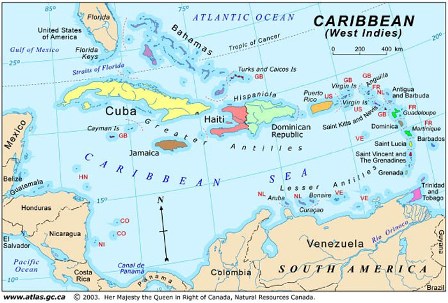What is IWRM?
The Food and Agriculture Organization (FAO) defines IWRM as “a process that promotes the co-ordinated development and management of water, land and related resources, in order to maximize the resultant economic and social welfare in an equitable manner without compromising the sustainability of vital ecosystems”. IWRM takes into consideration the various uses of water, and the interconnectedness of them and their sources. It is also a way of ensuring that various dimensions, such as social, economic, environmental, and technical, are taken into account in the development and management of water resources.
Accompanying the concept of IWRM is the idea of the river basin as the geographical unit for its realization. Water resources generally do not follow jurisdictional boundaries, and that is why their management should not either. IWRM therefore requires cooperation as a management tool between nations and within them.
There have been four main conferences that have been especially significant in furthering the concept of IWRM:
- International Conference on Water and Environment Issues in the 21st Century (Dublin, Ireland, January 1992)
- Second World Water Forum and Ministerial Conference (The Hague, Netherlands, March 2000)
- International Conference on Fresh Water (Bonn, Germany, 2001)
- World Summit on Sustainable Development (Johannesburg, South Africa, 2002).
The Dublin conference was especially significant as it resulted in the creation of the Dublin principles , which are the guiding principles of water resources management and lie at the heart of IWRM.
IWRM in the Caribbean Context
The applications of IWRM are becoming more numerous worldwide, and the Caribbean is no exception. Jamaica and Puerto Rico provide some successful examples of its implementation, and more and more initiatives grounded in the principles of IWRM are emerging. Nonetheless, IWRM in the Caribbean is still in its early stages and there is much potential to take the concept further.

Tourism can be a good entry point for IWRM implementation in the Caribbean region, as work has been accomplished in the field of sustainable tourism in various countries. Since tourism is the dominant sector of the Caribbean economy, successful IWRM implementation could make a significant difference in the way that water resources are managed, which can lead to water savings, and a better quality of life for the people involved and greater ecological sustainability.
For more information on IWRM and its applicability in the Caribbean context, please see A summary of IWRM and its potential in the Caribbean [.pdf].